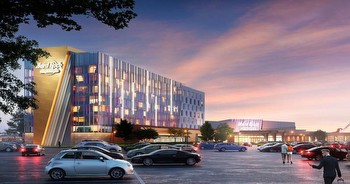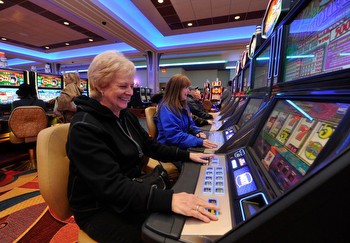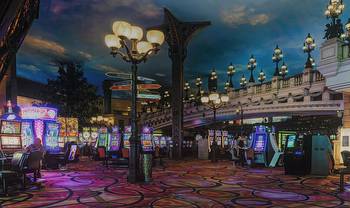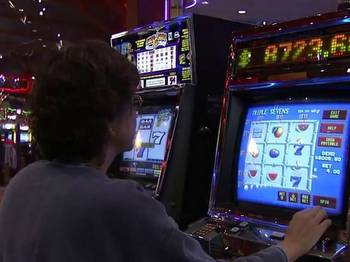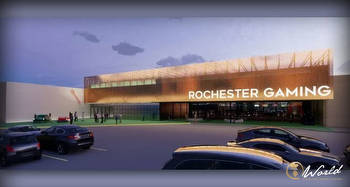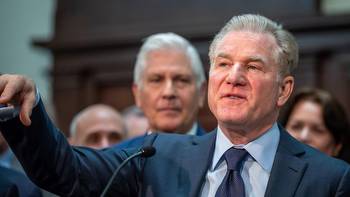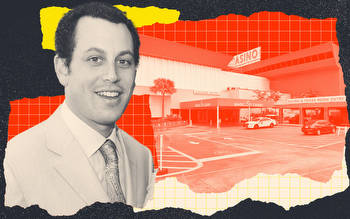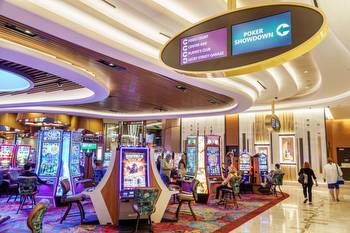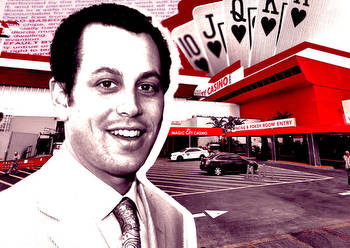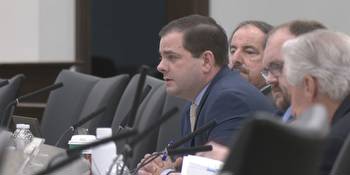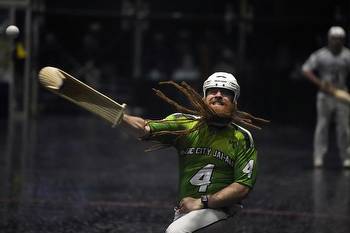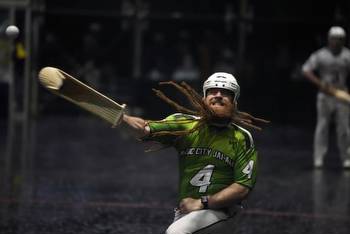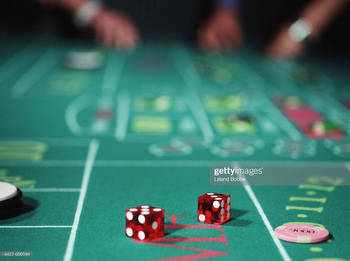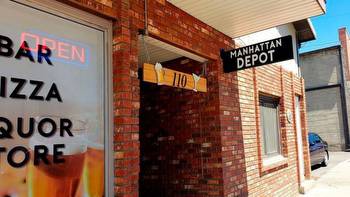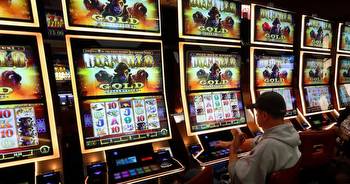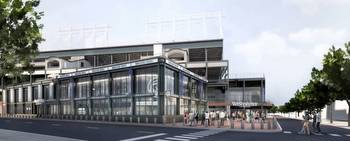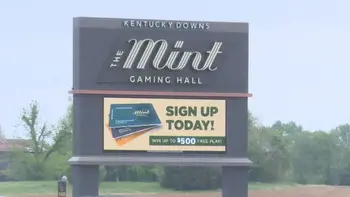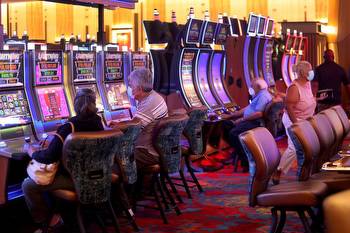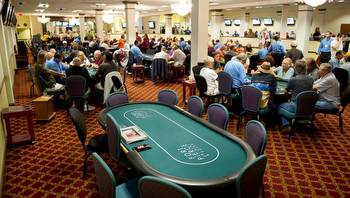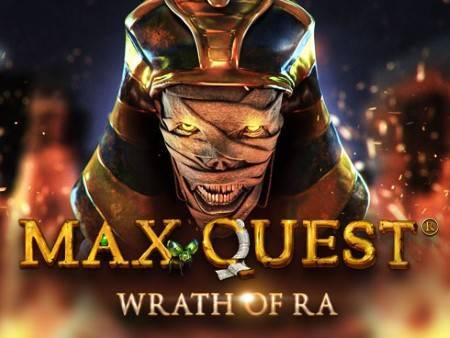Miami punts on gambling ban vote after Commission misdeal

The proposed measure could all but close the book on most gambling in Miami.
Miami residents and other interested parties will have to wait a while longer to know what the future of gambling in Miami will look like, after city commissioners punted on the issue Thursday.
Alex Diaz de la Portilla and Manolo Reyes, the two commissioners who voted against a proposed ordinance change banning new gambling facilities within Miami’s boundaries, no-showed Thursday’s meeting. That prompted Chair Christine King to move to defer the day’s entire agenda.
Joe Carollo and Ken Russell, the ordinance’s sponsor, agreed to delay a vote until Feb. 10.
“Unfortunately, today we don’t have all our colleagues here, and it is the desire of this body to defer all items until such a time that we can get a quorum, because there’s several issues that will require a full body,” King said, apologizing to the dozen or so people who attended the meeting.
The meeting started 80 minutes late — a common occurrence at Miami City Hall — and lasted just over five minutes before being adjourned.
Russell told Florida Politics he was in Brevard County campaigning for his U.S. Senate bid until midnight but was able to make it back to Miami City Hall by 7:45 a.m., more than an hour before the meeting was scheduled to begin.
“I was ready to go,” he said. “My proposed ordinance prohibiting new gambling facilities in the city of Miami protects our residents by clarifying the city code. There should be no gray area or zoning interpretation that would allow new facilities. The item will be heard at our next meeting when we have a full dais.”
Miami’s code of ordinances currently allows for gambling facilities if the Commission approves their development on a case-by-case basis through at least a four-fifths vote. Russell’s proposed change, however, would ban new gaming facilities within the city’s limits.
Existing gambling outfits within the city, as well as a planned “summer jai alai fronton, cardroom and sports wagering” operation by West Flagler Associates in Edgewater, would still be able to continue doing business as “legal nonconforming” facilities.
The item would also add language to the city’s code to more tightly delineate what a gambling facility is, defining it as any “facility that offers gambling, pari-mutuel, or other wagering activities and uses including, but not limited to, facilities regulated (state statutes defining and restricting pari-mutuel wagering, slot machines and cardrooms) as each may be amended from time to time.”
Pari-mutuel wagering consists mostly of sports betting, including racing, jai alai and other competitive events of relatively short duration in which participants finish and earn winnings in a ranked order.
Something would not be considered a gambling facility under city strictures if the only gambling, pari-mutuel or other wagering activities and uses offered there are online sports betting, state-administered lotteries or charity bingo games.
The recent movement to restrain gambling in Miami dates back to July, when the city’s Planning, Zoning and Appeals Board voted 6-3 to recommend a ban on new facilities. Three months later, the Miami Commission voted 3-2 in favor of the ordinance on first reading.
If passed, the city ban would stand until a state constitutional amendment allows casino gambling across Florida.








